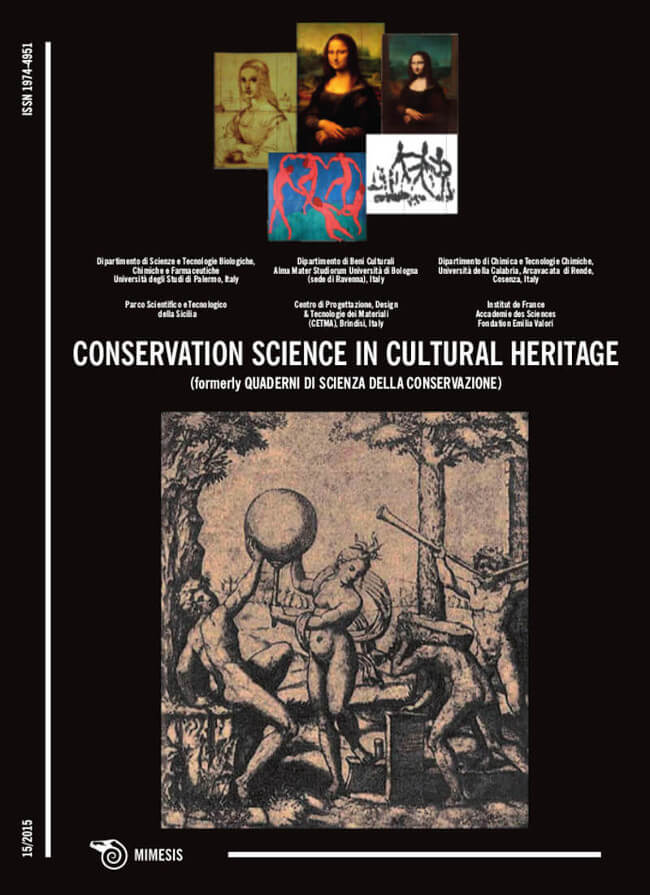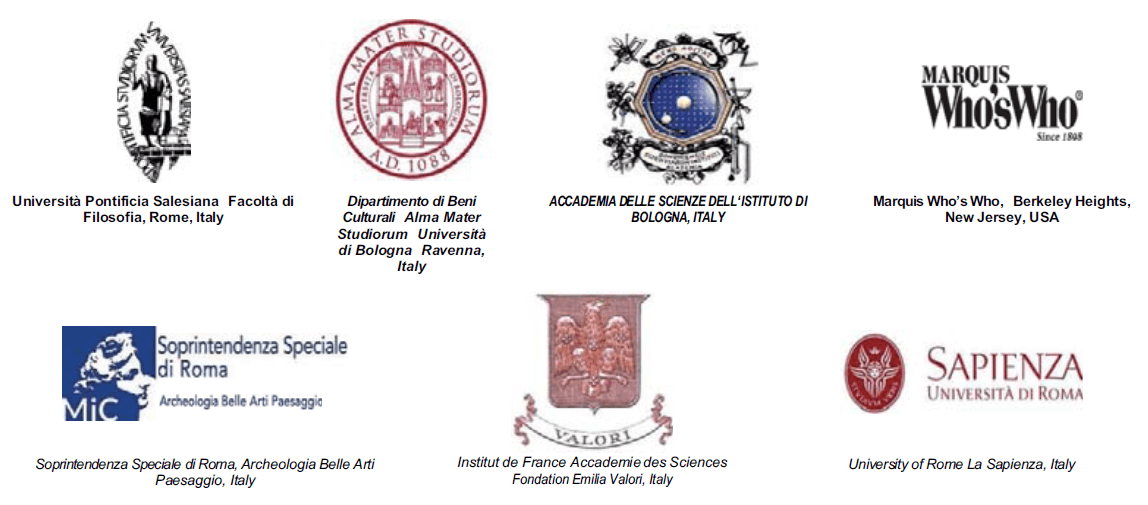Conservation of Our Planetary Home. The “Sabbath” as an appropriate paradigm for total sustainability
DOI:
https://doi.org/10.6092/issn.1973-9494/6175Keywords:
ecological crisis, creation, sustainability, solidarity, SabbathAbstract
In the context of the contemporary ecological crisis, we stand in need of a more comprehensive understanding of sustainability, weaving together the cosmic, the human, and the divine dimensions of the real. The path towards the conservation of our planetary home through total sustainability requires, first of all that we regain a profound sense of harmony with the rest of creation. Secondly, it calls for a real sense of solidarity with our fellow-humans, especially the poor and weak among us. Finally, true sustainability can ultimately be founded on peace with the Creator, the very ground of our being, who holds all things together and sustains them in His infinite love. Such a holistic perspective of sustainability is essential if we are to succeed in conserving our planetary home for ourselves and for future generations. The author concludes by presenting the biblical institution of ‘Sabbath’ as an appropriate paradigm for a holistic understanding of sustainability.References
MEADOWS D.H., MEADOWS D.L., RANDERS J., BEHRENS W.W., 1972, The Limits to Growth, Universe Books, New York.
BRUNDTLAND G. (ed.), 1987, Our Common Future, Oxford University Press, Oxford.
ROCKSTRÖM J., A Safe Operating Space for Humanity in Nature 461 (2009), pp. 472-75.
ROCKSTRÖM J., et al., Planetary Boundaries: Exploring the Safe Operating Space for Humanity in Ecology and Society 14 (2009), pp. 32-55.
STEFFEN W. et al., Planetary Boundaries: Guiding Human Development on a Changing Planet in Science 347 (8 January 2015): [DOI:10.1126/science.1259855].
REES W. – WACKERNAGEL M., 1996, Our Ecological Footprint: Reducing Human Impact on the Earth, New Society Publishers, Philadelphia, PA.
WWF INTERNATIONAL – INSTITUTE OF ZOOLOGY – GLOBAL FOOTPRINT NETWORK, 2012, Living Planet Report 2012: Biodiversity, Biocapacity and Better Choices, WWF, Gland.
INTERGOVERNMENTAL PANEL ON CLIMATE CHANGE, 2013, Climate Change 2013: The Physical Science Basis: Contribution of Working Group 1 to the Fifth Assessment Report of the Intergovernmental Panel on Climate Change, Cambridge University Press, Cambridge.
INTERGOVERNMENTAL PANEL ON CLIMATE CHANGE, 2007, Climate Change 2007: Synthesis Report. Contribution of Working Group I, II and III to the Fourth Assessment Report of the Intergovernmental Panel on Climate Change, IPCC, Geneva.
HILLMAN M. – FAWCETT T. – RAJAN S.C., 2008, How We Can Save the Planet: Preventing Global Climate Catastrophe, Thomas Dunne Books, New York
KIRSTIN D. – DOWNING T.E., 2006, The Atlas of Climate Change: Mapping the World’s Greatest Challenge, Earthscan, London.
MADDISON A., 2004, The World Economy: Historical Statistics, OECD, Paris
UNITED NATIONS ENVIRONMENT PROGRAMME, 2012, Global Environment Outlook 5: Environment for the Future of All, UNEP, Nairobi.
CHRISTIAN AID, Wealth: Having It All and Wanting More (19 January 2015).
DIAMOND J., 2008, What’s Your Consumption Factor? in The New York Times (2 January 2008).
UNITED NATIONS DEVELOPMENT PROGRAMME, 2007, Human Development Report 2007/2008: Facing Climate Change: Human Solidarity in a Divided World, Macmillan, New York.
CAMPBELL-LENDRUM D. et al., Global Climate Change: Implications for International Public Health Policy in Bulletin of the World Health Organization 85 (March 2012).
CAMARA H., 2008, Sister Earth: Creation, Ecology and the Spirit, New City Press, New York.
POPE PAUL VI, Populorum Progressio.
POPE JOHN PAUL II, Sollicitudo Rei Socialis.
POPE BENEDICT XVI, Caritas in Veritate.
POPE FRANCIS, Evangelii Gaudium.
NORTHCOTT M.S., 2007, A Moral Climate: The Ethics of Global Warming, Darton, Longman, and Todd/Christian Aid, London.
ECUMENICAL PATRIARCH BARTHOLOMEW I, Address during the Environmental Symposium in Santa Barbara, November 8, 1997 in CHRYSSAVGIS J. (ed.), 2009, Cosmic Grace, Humble Prayer: The Ecological Vision of the Green Patriarch Bartholomew, Eerdmans, Grand Rapids (MI), pp. 186-91.
BROWN E., 2006, Our Father’s World: Mobilizing the Church to Care for Creation, Doorlight Publications, South Hadley (MA).
POPE JOHN PAUL II, Peace with God the Creator, Peace with All of Creation, n. 5.
POPE BENEDICT XVI, Meditation at the First General Congregation of XII General Ordinary Assembly of the Synod of Bishops (6 October 2008).
MOLTMANN, J., 1985, God in Creation: A New Theology of Creation and the Spirit of God, Harper and Row, San Francisco.
Catechism of the Catholic Church.
COHEN-KIENER A., 2009, Claiming Earth as a Common Ground: The Ecological Crisis through the Lens of Faith, Skylight Paths Publishing, Woodstock (VE).
MCDONAGH S., 1990, The Greening of the Church, Orbis Books, New York.
ATKINSON D., 2008, Renewing the Face of the Earth: A Theological and Pastoral Response to Climate Change, Canterbury Press.
BOOKLESS D., Planet Wise: Dare to Care for God’s World, Inter-Varsity Press, Nottingham.
Downloads
Published
How to Cite
Issue
Section
License
Copyright (c) 2015 Joshtrom Isaac Kureethadam
Copyrights and publishing rights of all the texts on this journal belong to the respective authors without restrictions. Authors grant the journal right of first publication.
This journal is licensed under a Creative Commons Attribution 4.0 International License (full legal code).
See also our Open Access Policy.






